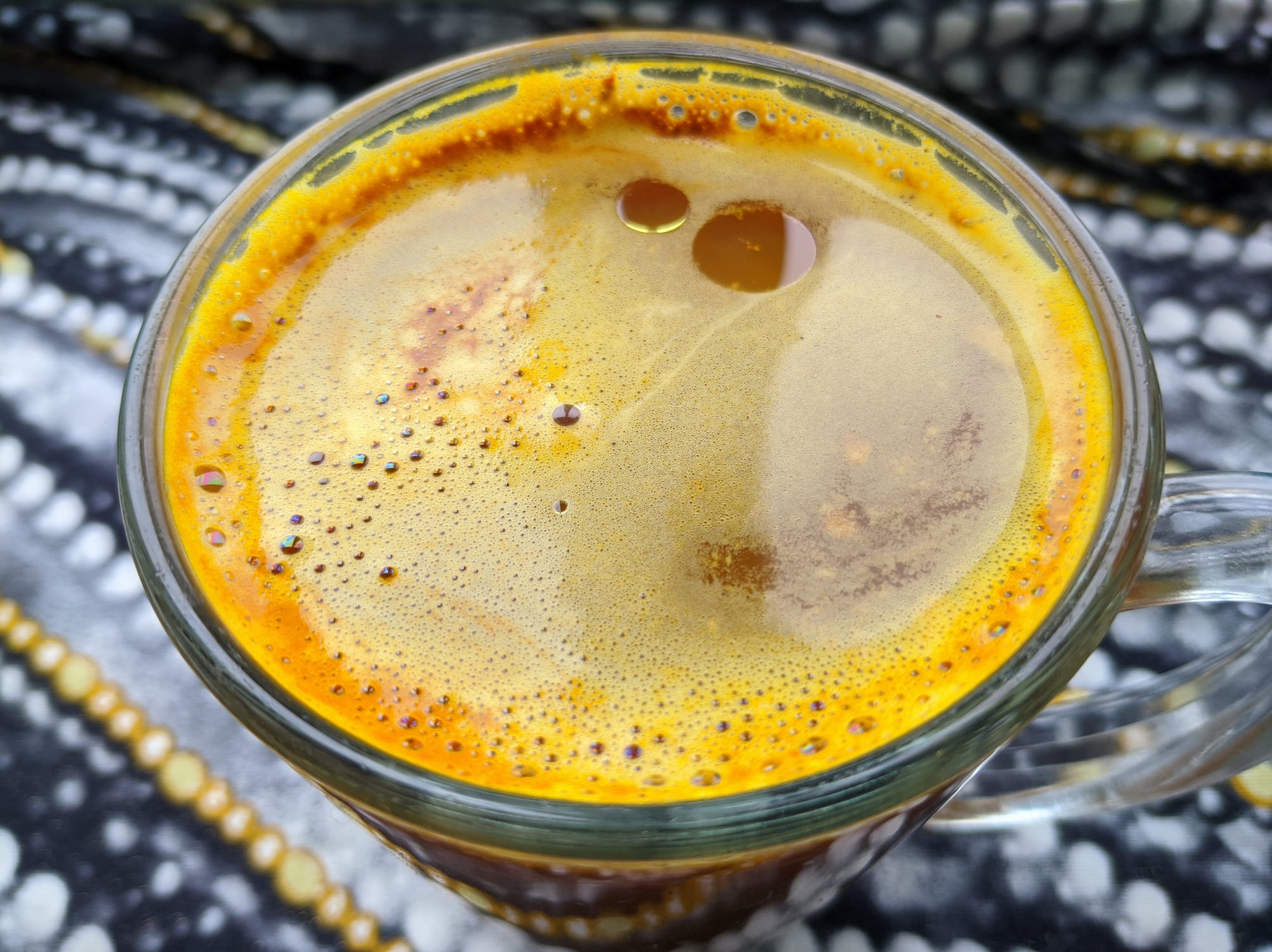Writing in the journal Plants, researchers from Chiang Mai University’s Faculty of Pharmacy in Thailand examined the extracts' combined antioxidant and anti-inflammatory properties and their potential application in nanostructured lipid carriers (NLCs) for improved stability and bioavailability in dietary supplements.
The study was funded by Fundamental Fund, Chiang Mai University and Thailand Science Research and Innovation.
Study details
The researchers aimed to optimize the ratio of turmeric (Curcuma longa), Arabica coffee (Coffea arabica) and chili (Capsicum annuum) extracts to enhance their pharmacological effects. Using a design-of-experiment (DoE) optimization approach, they identified an ideal ratio of 1:3:4, or “1400:6000:8000 µg/mL (turmeric:coffee:chili) to maximize antioxidant activity.”
They then used antioxidant assays and inflammatory gene expression analysis to investigate the ratio’s efficacy.
Findings indicated that “the mixed extract exhibited higher antioxidant activity compared with each single extract.”
As noteworthy, the researchers highlighted that the combination supplement “effectively reduced the secretion of pro-inflammatory cytokines at a lower concentration than turmeric extract alone.” The tested ratio is potentially a safer alternative to turmeric while maintaining the desired anti-inflammatory effect.
Additionally, the study explored the encapsulation of the optimized extract combination into NLCs to enhance stability and efficacy.
“The mixed extract...was used to formulate NLCs” and “also demonstrated an ability to redisperse after the spray-drying process,” the researchers reported.
“Capsaicin was proven to be more stable than curcumin under all stressed conditions in the NLCs formulation,” they observed, adding that “interestingly, curcumin in the NLC formulation enhanced stability under basic conditions.”
Implications for supplement development
The researchers noted that a key challenge of using turmeric and chili extracts in health supplements is their instability due to photolysis and oxidation. The study found that encapsulating these extracts into NLCs significantly improved their stability under stress conditions.
It reported that “the main curcumin release mechanism from NLCs” could offer controlled release benefits in supplement formulations.
The research subsequently highlighted the potential of this extract combination as a formulation strategy for dietary supplements targeting inflammation-related syndromes, including obesity, diabetes and cardiovascular diseases.
Future research directions
Following thorough testing, the study concluded that “the mixed extract showed potential for use as a stable and sustained-release nutrition supplement for combating inflammation-related syndromes.” However, the researchers conceded that in making this determination, “there are some considerations to note regarding this study.”
First, they noted, “the sources of the extracts should be validated to ensure consistency in the content of key active compounds, including curcumin, capsaicin, chlorogenic acid and caffeine, before their use in formulation preparation.” Additionally, they remarked, “the ratio of the mixed extracts was slightly adjusted to address practical challenges encountered during the formulation process.”
Moving forward, the researchers confirmed that further testing will be required, and “our next phase will involve an in vivo study of this combination and explore other techniques, such as solid dispersion, to enhance the release properties and stability of this mixed extract.”
Ultimately, the research in this study underscores the significance of continued exploration into plant-based supplements for metabolic and inflammatory disorders.
Source: Plants 2025, 14, 236. doi: 10.3390/plants14020236. “Boosting Therapeutic Effect of Turmeric, Coffee, and Chili Extracts Through Experimental Design and Encapsulation as Nanostructured Lipid Carriers for Novel Heath Supplements”. Authors: Tipduangta, P., et al.


